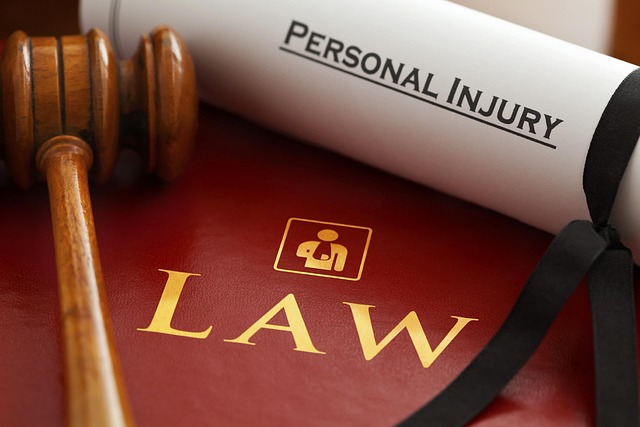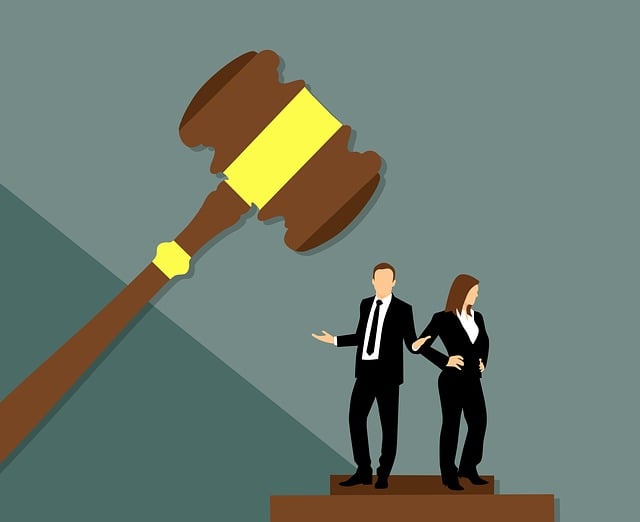Corporate Crime Investigations specialize in uncovering white-collar and economic crimes like fraud and embezzlement through meticulous analysis of company records, digital evidence, and witness testimonies. In cases involving defective product claims, legal advice is crucial due to complex regulations and specific legal requirements. Advanced forensic techniques and data analytics tools aid in gathering comprehensive evidence while maintaining client confidentiality for effective cooperation. Early intervention, forensic auditing, and inter-agency collaboration significantly improve investigation accuracy and lead to successful prosecutions. Expert Legal Advice for Defective Product Claims helps businesses protect their reputations and minimize financial losses through robust legal strategies and regulatory compliance.
Corporate Crime Investigations delve into complex matters where businesses and their products breach legal and ethical boundaries. This comprehensive overview explores crucial aspects, including understanding corporate crime, the role of legal advice in defective product claims, evidence collection strategies, and navigating challenges in fraud cases. By examining real-world case studies, we uncover best practices for successful navigations through the intricate landscape of corporate law and liability. For businesses seeking to mitigate risks and ensure compliance, this guide offers invaluable insights, especially regarding Legal Advice for Defective Product Claims.
- Understanding Corporate Crime Investigations: A Comprehensive Overview
- The Role of Legal Advice in Defective Product Claims
- Strategies for Effective Investigation and Evidence Collection
- Common Challenges and Best Practices in Corporate Fraud Cases
- Case Studies: Successful Navigations of Legal Complexities in Product Liability
Understanding Corporate Crime Investigations: A Comprehensive Overview

Corporate Crime Investigations encompass a complex web of legal, financial, and forensic inquiries aimed at unearthing and prosecuting wrongdoings within corporate structures. This multifaceted process involves meticulous examination of company policies, financial records, digital evidence, and witness testimonies to reveal malfeasance such as fraud, embezzlement, and violations of consumer protection laws, including Legal Advice for Defective Product Claims.
Experts navigate all stages of the investigative and enforcement process, from initial suspicion to court proceedings, ensuring that justice is served across the country. White-collar and economic crimes, often characterized by subtle and sophisticated schemes, demand a deep understanding of corporate dynamics and legal frameworks. This specialized field requires a delicate balance between uncovering hidden truths and upholding the rights of individuals and organizations affected by these illicit activities.
The Role of Legal Advice in Defective Product Claims
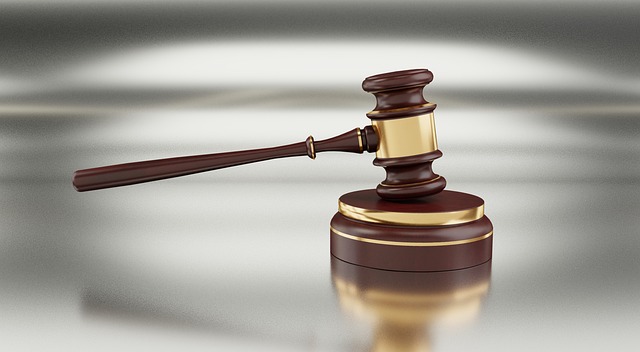
In the realm of corporate crime investigations, particularly when it comes to defective product claims, legal advice plays a pivotal role. Companies facing such allegations require expert guidance to navigate complex legal landscapes and protect their interests effectively. Legal professionals specializing in this area can provide crucial insights into product liability laws, helping businesses understand their rights and obligations. This proactive approach ensures companies are well-prepared for potential jury trials and can mitigate risks associated with these claims.
An unprecedented track record of success in defending against defective product lawsuits further underscores the importance of robust legal advice. General criminal defense strategies often prove invaluable, as they help identify vulnerabilities, strengthen defenses, and ultimately secure favorable outcomes. By engaging skilled counsel early on, companies can foster a proactive defense mechanism, thereby enhancing their overall resilience against such claims.
Strategies for Effective Investigation and Evidence Collection
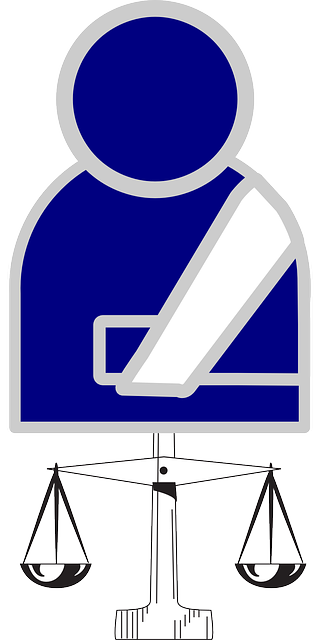
Effective corporate crime investigations require a strategic approach to evidence collection that can make or break a case. One key strategy involves gathering comprehensive documentation, including financial records, email communications, and any other relevant digital evidence. This process often necessitates legal advice for defective product claims, as it requires navigating complex regulatory landscapes and understanding the specific legal requirements for different types of corporate misconduct. A thorough review of contracts, policies, and procedures can also reveal critical insights into an organization’s behavior, helping investigators pinpoint areas of potential non-compliance.
Additionally, leveraging advanced forensic techniques and data analytics tools can significantly enhance the investigation process. These technologies enable analysts to sift through vast amounts of data, identify patterns, and uncover hidden connections. This is particularly crucial in high-stakes cases where a complete dismissal of all charges could hinge on the accuracy and comprehensiveness of evidence collection. Moreover, involving both corporate and individual clients in the investigative process, while maintaining strict confidentiality, can foster cooperation and provide valuable firsthand perspectives that strengthen the overall case strategy.
Common Challenges and Best Practices in Corporate Fraud Cases
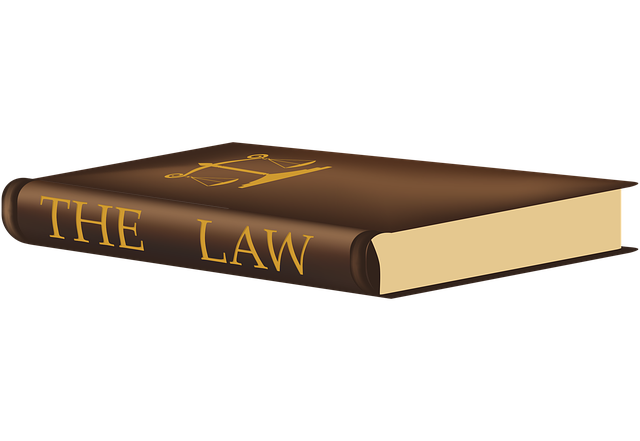
Corporate crime investigations into fraud cases present unique challenges due to their complexity and potential far-reaching implications. One significant hurdle is the intricate financial web involved, often spanning multiple jurisdictions and requiring meticulous documentation and analysis. Additionally, the involvement of legal entities can make evidence gathering delicate, as seen in defective product claims, where a thorough understanding of both criminal and civil law is essential.
Despite these hurdles, best practices exist to navigate such cases effectively. A robust strategy includes an unprecedented track record of early intervention, ensuring a comprehensive forensic audit and preserving digital evidence. Across the country, specialized fraud units have achieved extraordinary results by fostering collaboration between various agencies and employing cutting-edge analytics tools. These methods not only expedite investigations but also enhance accuracy, ultimately leading to more successful prosecutions and compensation for affected parties, including those seeking legal advice for defective product claims.
Case Studies: Successful Navigations of Legal Complexities in Product Liability

In the realm of corporate crime investigations, case studies highlighting successful navigations of legal complexities in product liability stand as testaments to meticulous strategies and expert legal advice for defective product claims. These compelling narratives showcase how businesses have achieved complete dismissal of all charges through robust legal defenses, leveraging their unprecedented track record in managing high-stakes cases. By employing a comprehensive approach that encompasses all stages of the investigative and enforcement process, companies have demonstrated their ability to safeguard reputations and minimize financial impacts.
Such success stories not only underscore the importance of proactive legal counsel but also highlight the value of strategic interventions. Legal advice for defective product claims is pivotal in discerning liability, gathering compelling evidence, and crafting persuasive arguments. This guidance enables businesses to anticipate potential pitfalls, mitigate risks, and ensure compliance with evolving regulatory frameworks. Through these measures, companies can foster a culture of accountability, enhancing their ability to withstand legal challenges and emerge with a strong reputation.
Corporate crime investigations require a meticulous approach, especially in complex cases of fraud and defective product claims. As seen through the presented case studies, successful navigation of legal complexities is pivotal. By understanding the role of legal advice, adopting effective investigation strategies, and addressing common challenges, organizations can ensure robust outcomes. Incorporating best practices into their investigative processes empowers businesses to mitigate risks and uphold integrity in today’s corporate landscape. When it comes to defective product claims, seeking specialized legal guidance is essential for navigating the intricate web of regulations and securing justice.
